Turkish people head to the polls on May 2023 to vote in Turkey’s presidential and parliamentary elections. Experts believe the elections will provide the toughest test of President Recep Tayyip Erdogan’s 20-year period as the country’s leader.
What is important to the regional countries and neighbors is the foreign policy of Turkey and possible changes to it, if the oppositions of the country win the upcoming election. Therefore we reached out to Dr. Osman Faruk Logoglu, a member of the CHP whose candidate Kemal Kilicdaroglu is the main rival of President Erdogan to discuss possible changes to Ankara's foreign policy in case the opposition wins the elections.
Based on its policy, Mehr News agency is ready to provide Turkey's ruling AKP with the same opportunity to reflect their respective viewpoints on the issue.
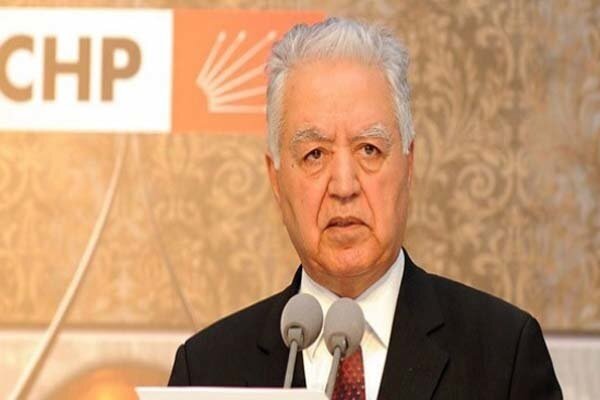
What are the central parameters that shape Turkey’s foreign policy?
The central, background parameters of Turkey's foreign policy are:
a) Location - strategic geography connecting Europe and Asia; also the cold north with the warm waters of the south.
b) History - as heir to the Ottoman Empire having enduring links and heritage with Europe and the Arab world.
c) Culture - sharing traditions with Azerbaijan and the Central Asian Turkic states and religious values with the Arab world and Muslim-majority countries.
d) Current position - lies at the epicenter of areas beset with unresolved, some long-standing conflicts: the Caucasus, the Balkans, the Middle East [West Asia], the Black Sea, North Africa; the Mediterranean.
Will these parameters change if the opponents of President Erdogan win the upcoming election or no matter who rules Turkey and they will remain unchanged?
These parameters will continue to set and provide the background of Turkey's foreign relations no matter who is in power. But what will change if the opposition wins May 14 elections will be the change in the operational parameters of Turkish foreign policy.
For more than a decade now Turkey under President Erdogan's AKP has witnessed a steady erosion of the secular underpinnings of the state and society. Foreign policy also came increasingly to be dominated by a mindset defined by religious priorities. The love for and fixation with the Muslim Brotherhood guided AKP's approach to the Arab world, resulting, among others, in the disastrous collapse of relations with (Sisi's) Egypt. AKP also operated under the assumption that Turkey was the designated leader of the Muslim world, a supposition fueled by the USA in the wake of 9/11 attacks in support of what they viewed as Turkey representing "moderate Islam". AKP tried to use foreign policy issues for purposes and gains in domestic politics, leading to confusion, unpredictability, and loss of confidence on the part of Turkey's counterparts.
The opposition has made detailed declarations on what they plan to do when they come to power. What needs to be ultimately understood in my judgment is that the Turkish Constitution already embodies the operational parameters of the Republic's foreign policy: the rule of law, democracy, and secularism. This will mean that foreign relations under a new Government will be guided by and consistent with international law. It will be open, transparent, and based on the equality of nations. Religion will not be a determining variable in foreign policy matters. And most importantly, foreign policy will be conducted on its own merits and not be used in domestic politics.
Furthermore, these operational parameters will be in play in the context of the legacy of the founders of modern Turkey, particularly as stated by Mustafa Kemal Atatürk. This legacy commits Turkey to a foreign policy of "peace at home, peace in the world". It also sets a Western orientation for the country and commends non-interference in inter-Arab and intra-Arab affairs. What we can expect in the new era is therefore a calibrated, predictable, rational, peaceful foreign policy.
If there are changes, would you elaborate that which fields will experience changes and to what extent?
Turkey's regional orientation will change and be less interventionist, and more soft-power based. First on the agenda will be the restoration of relations with Syria and further improvements in relations with Iraq. The proposal by the main opposition party CHP for the establishment of an organization of peace and cooperation in the Middle East like the OSCE in Europe is noteworthy in this context. There may also be an opportunity to engage Greece in result-oriented negotiations on the long-standing disagreements in the Aegean and Western Thrace.
After the US attack on Iraq and the geopolitical necessities, Turkey tried to have a more independent foreign policy and this created some gaps between the country and its old allies in USA and Europe. If Erdogan’s opponents win, can we see changes in Turkey’s regional policy?
In the short term, progress in Turkey's accession negotiations with the EU is not on the horizon. But there will be a mutual effort spread over time to reset the relations, affirming Turkey's Western orientation. Likewise, there is little prospect of any immediate progress in the resolution of a plethora of bilateral and regional issues with the USA. But with patience and diplomacy, problems can be tackled to the mutual benefit of the two countries.
All in all, Turkey under the new leadership, with the pursuit of a realistic, non-confrontational, peaceful foreign policy will regain the respect and trust it deserves in its region and at the international level."
Interview by Payman Yazdani






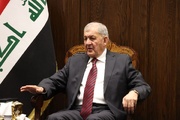

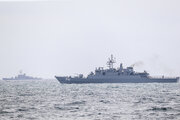
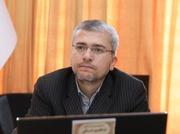
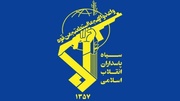
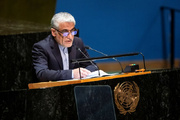
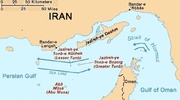
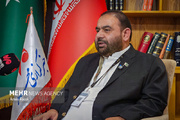
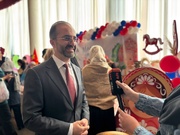
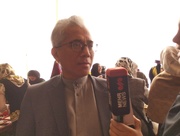
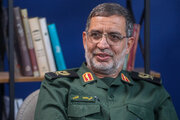

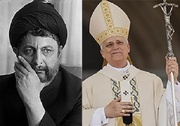
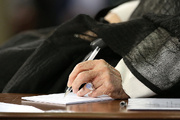
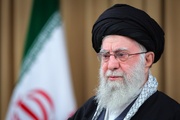


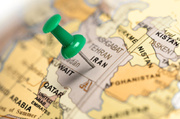
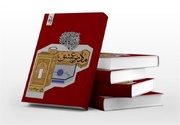
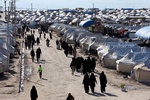
Your Comment